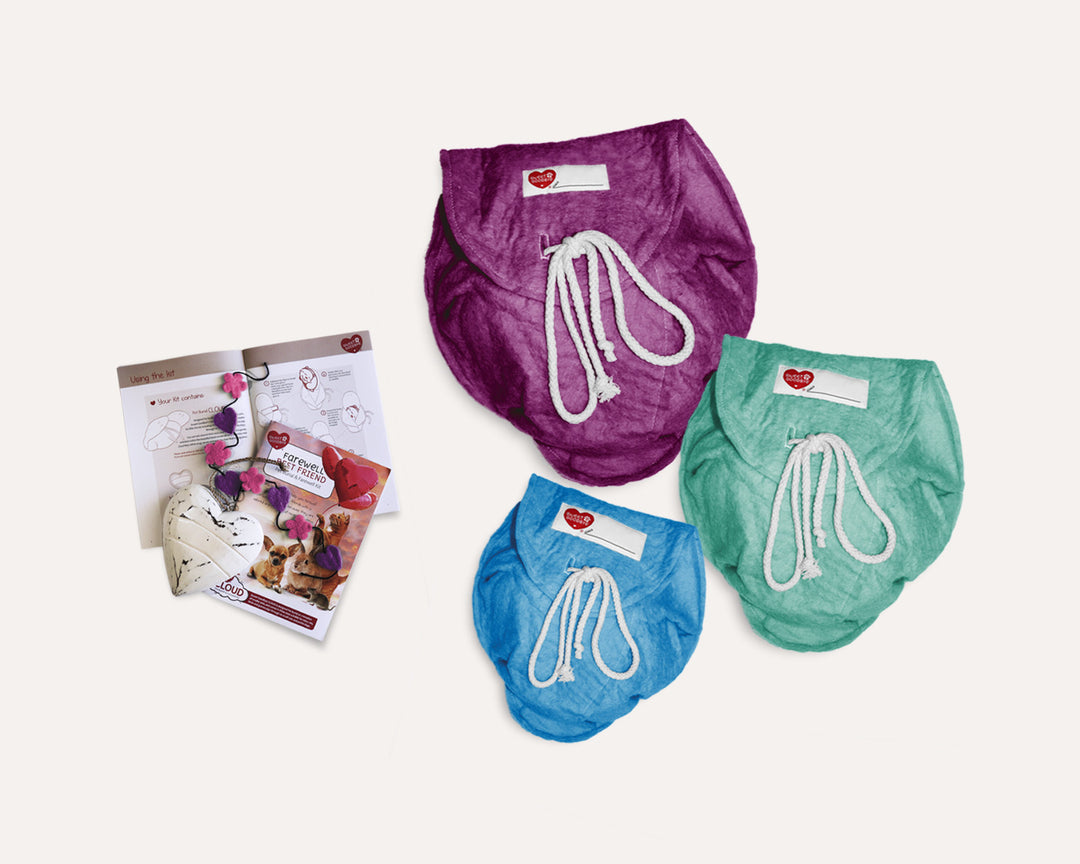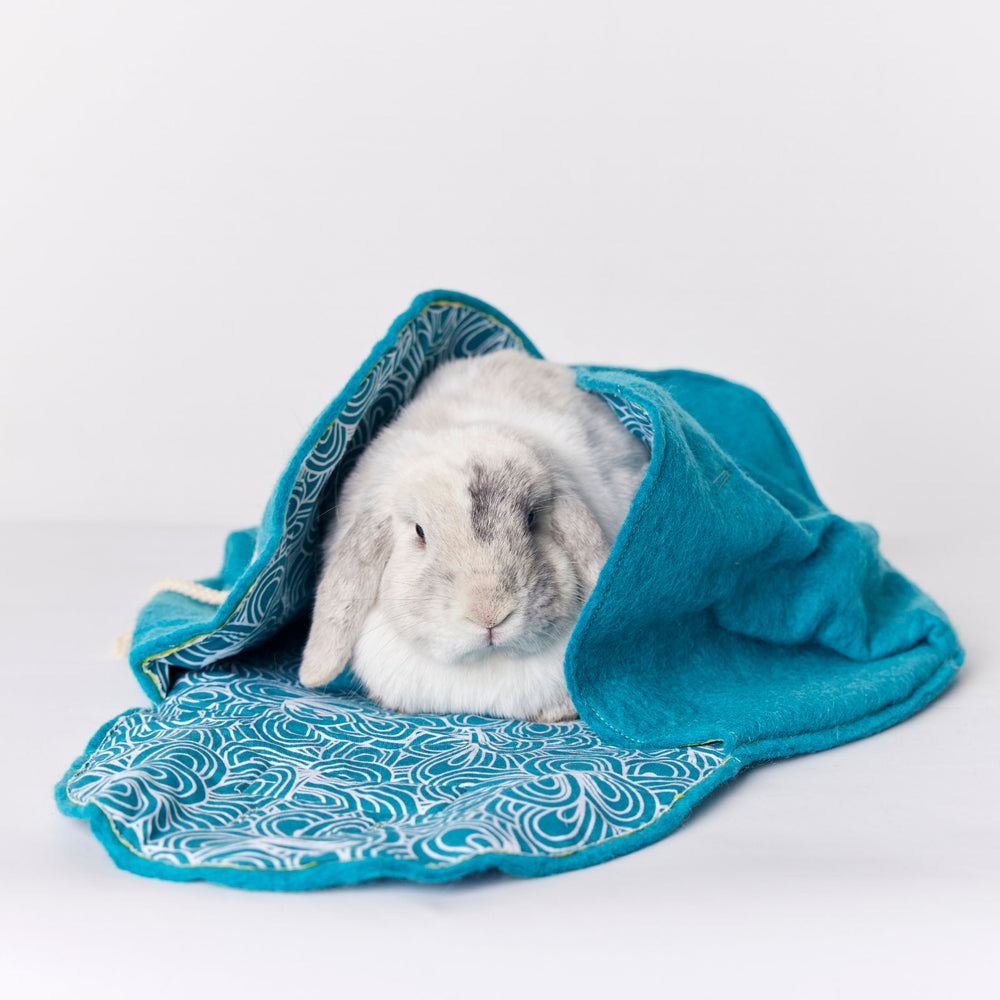The Science of Pet Grief: Why Losing a Pet Feels So Hard
Losing a pet is an incredibly painful experience that can feel as though a piece of your heart is gone. But have you ever wondered why pet grief is so overwhelming? While the emotional aspect is deeply felt, there’s also science behind the pain. Understanding why pet loss affects us so profoundly can help us navigate the grieving process with more compassion and patience for ourselves.
The Power of the Bond: Attachment Theory
Humans are biologically wired to form strong attachments, and pets, like dogs and cats, can become deeply intertwined in our emotional lives. Attachment theory, developed by British psychologist John Bowlby, explains that humans naturally form strong bonds with close relationships, especially those that offer companionship and comfort. Pets, particularly dogs, are known for their loyalty, affection, and unconditional love – qualities that make them the perfect companion.
When a pet becomes a member of the family, they are often more than just a pet – they are a confidante, a source of comfort, and sometimes, a primary support system. The death of a pet can trigger the same grief responses seen after the loss of a human loved one because the emotional attachment is so similar. That bond is real and it leaves a gap when it’s gone.
The Brain and the Grieving Process
The process of grieving after pet loss is also influenced by how our brain processes attachment and emotional pain. When a pet dies, your brain experiences a flood of emotions, including sadness, stress, and sometimes even anxiety. This emotional overload can lead to a complex set of reactions in the brain that contribute to the intensity of grief.
Studies have shown that the brain’s reaction to losing a pet can resemble the grief one might experience after losing a human companion. Neuroimaging studies suggest that the areas of the brain activated in response to the loss of a pet are similar to those triggered by the death of a loved one. This means the pain of losing a pet is more than just emotional – it’s neurological.
Your brain may go through several stages, including heightened stress responses, during the initial phase of grief. You might find yourself feeling overwhelmed, with emotions shifting rapidly from sadness to anger or even guilt. All of these reactions are normal and are a part of the body’s way of processing the loss.
Oxytocin: The Bonding Hormone
Oxytocin is often referred to as the “bonding hormone” because it plays a crucial role in forming relationships and promoting feelings of affection and attachment. When you spend time with your pet – whether it’s cuddling, playing, or simply being in each other’s presence – your brain releases oxytocin, strengthening the emotional bond.
When your pet passes away, the sudden withdrawal of oxytocin can make the emotional pain even harder to cope with. It’s similar to the feeling of withdrawal from any other source of emotional comfort. The brain now has to adjust to life without the regular oxytocin boosts, which can contribute to feelings of sadness, depression, and loss.
Cortisol and Stress
Another factor in the science of pet grief is cortisol, the stress hormone. Losing a pet can trigger increased levels of cortisol in the body, leading to feelings of heightened anxiety, stress, and irritability. This is why grieving after a pet loss can often feel physically exhausting. Not only are you emotionally drained, but your body is also dealing with the physical effects of stress.
Your body may also experience disruptions in sleep patterns, eating habits, and overall mood. These symptoms are a direct result of the body’s natural stress response. It’s important to acknowledge that these reactions are normal and part of the body’s attempt to cope with the emotional upheaval caused by loss.
The Social Aspect of Pet Loss
Our pets aren’t just companions—they are social beings who interact with us in ways that often replace human social needs. Losing a pet can feel isolating because not only are you grieving, but your social support system may not always understand the depth of the loss. While humans might turn to friends or family for emotional support, pets provide constant, unconditional presence that we can lean on during tough times.
The absence of that daily companionship and emotional support can exacerbate feelings of loneliness, making the grieving process feel even more intense. Pets, especially dogs, offer a level of social interaction that is often difficult to replace.
The Role of Rituals in Healing
Rituals play a significant role in the grieving process and can be particularly helpful when grieving the loss of a pet. Whether it’s holding a small memorial service, creating a memory box, or simply reflecting on your pet’s life through photos and stories, rituals help to provide closure and healing. These acts allow you to honor your pet’s memory and acknowledge the emotional bond that will remain long after they’re gone.
The act of remembering your pet through rituals can also help your brain process the loss and give you the space to heal. These small but meaningful acts of remembrance help reaffirm the love and attachment you shared with your pet, while also helping you slowly transition from mourning to celebration of the life they lived.
Coping Mechanisms: How to Manage the Pain
Understanding the science of pet grief doesn’t make the pain go away, but it can help you realise that the intense emotions you’re feeling are a natural, biological response. Here are a few strategies that can help you manage the grief:
-
Acknowledge your grief: Accept that the pain you’re feeling is normal and that grief is a personal journey.
-
Allow time to grieve: Don’t rush the healing process. Give yourself permission to feel sadness, frustration, or even guilt.
-
Create a support network: Seek comfort from friends, family, or support groups who understand the depth of your loss.
-
Practice self-care: Take care of your physical and emotional needs. Make time to rest, eat well, and engage in activities that bring you comfort.
-
Consider therapy: If the grief becomes overwhelming, a grief counselor or therapist can help you work through your emotions in a healthy way.
Losing a pet is one of the most emotionally challenging experiences we can face. Understanding the science behind pet grief—how attachment, brain chemistry, and hormones affect our emotions—can help us process and cope with the intense pain. Remember, grief takes time, and healing is a journey. Embrace the love and memories of your pet, and give yourself permission to grieve in your own way and in your own time.









